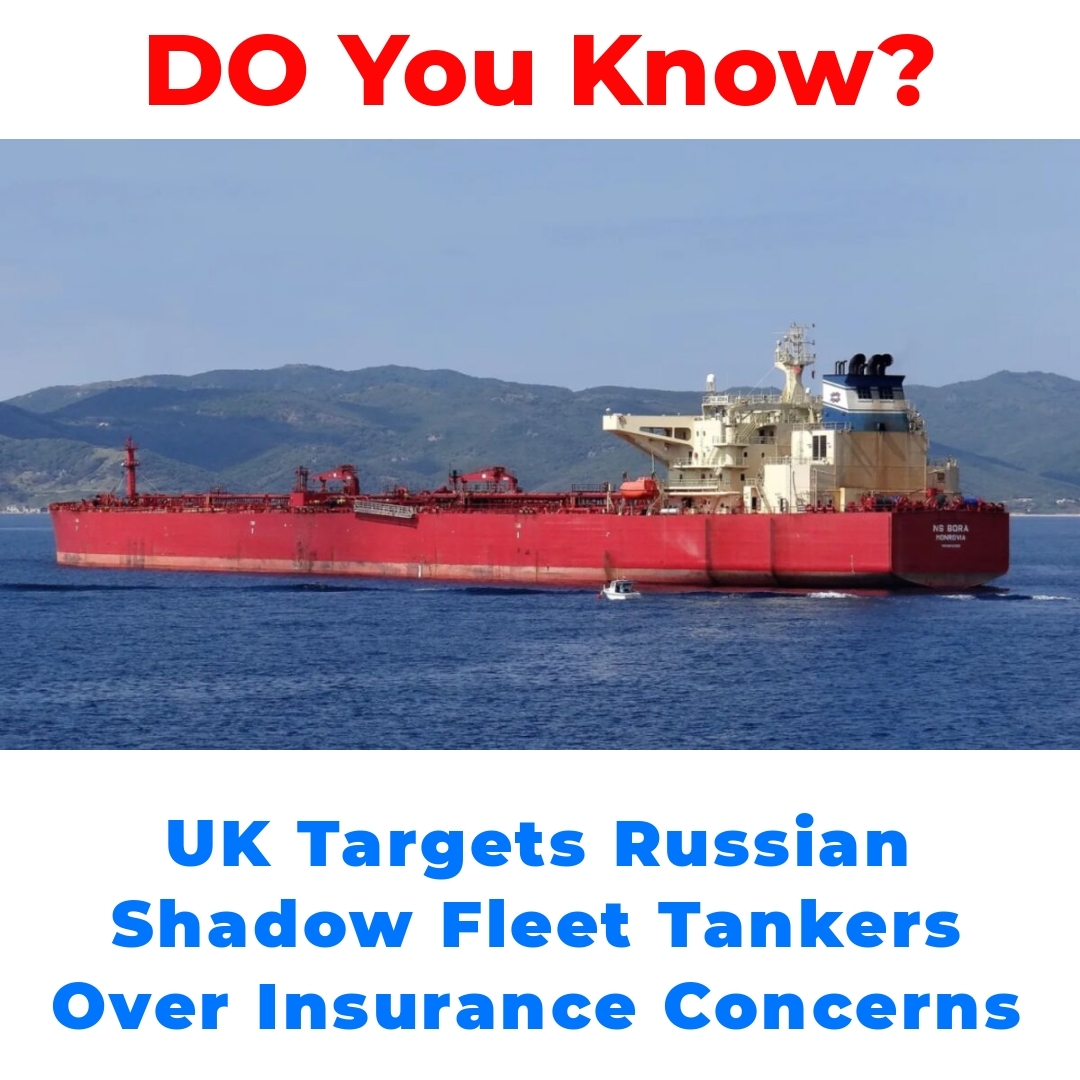The UK is increasingly concerned about the growing influence of the Russian shadow fleet, a network of unregulated oil tankers operating outside established maritime laws. Collaboration among UK government bodies is vital to tackle these issues, especially regarding the prevalence of dubious insurance practices that compromise maritime security and global shipping integrity.

Understanding the Russian Shadow Fleet
The Russian shadow fleet refers to a network of oil tankers operating without proper regulation or oversight. These vessels often avoid standard maritime laws, raising serious concerns among global shipping communities. Their existence poses significant implications for maritime security, as unregulated oil tankers can lead to increased risks of accidents, pollution, and illegal trade.
This shadow fleet operates by utilizing loopholes in international regulations, often reflagging under nations with less stringent oversight. This practice not only undermines shipping rules but also threatens the integrity of global supply chains. The impact of these rogue oil tankers extends beyond environmental concerns, affecting economic stability and safety in maritime operations around the world.
The Role of UK Government Bodies
To combat the issues associated with the Russian shadow fleet, several UK government bodies play critical roles in monitoring and regulating ship insurance. These agencies include the Maritime and Coastguard Agency (MCA) and the Department for Transport (DfT), among others.
Collaboration among these bodies has resulted in the development of strategies aimed at challenging rogue oil tankers. By closely monitoring shipping activities and enhancing sanctions enforcement, these organizations work together to identify vessels that may be linked to dubious insurance practices. This teamwork is crucial in ensuring that all oil tankers operating within British waters adhere to established regulations.
Dubious Insurance: A Vulnerability in Maritime Security
So, what exactly constitutes dubious insurance for oil tankers? In simple terms, it refers to insurance policies that lack credibility or accountability. This can include policies issued by questionable companies or those that do not meet international insurance guidelines. Such dubious insurance practices can severely undermine the effectiveness of shipping regulations.
A closer look at case studies reveals troubling examples of oil tankers linked to the Russian shadow fleet that operated with questionable insurance. These instances highlight the vulnerabilities in maritime security and stress the need for stricter enforcement of insurance standards to protect global shipping.
Fleet Monitoring and Regulatory Compliance
Efforts to monitor the Russian shadow fleet have intensified, with various measures being established for fleet tracking and regulatory compliance. The UK government has invested in advanced technologies and data analysis tools to enhance fleet monitoring capabilities. This proactive approach is aimed at identifying vessels that may be engaging in illegal activities or operating under insufficient insurance coverage.
Changes in shipping regulations continue to affect the insurance landscape. As the UK tightens its regulations, it becomes vital for all oil tankers to comply with these standards while navigating British waters. Upholding regulatory compliance not only enhances maritime security but also reinforces the integrity of the global shipping industry.
The Impact of Sanctions on Russian Oil Transport
Current sanctions imposed on Russia play a significant role in shaping the landscape of oil transport. These sanctions are designed to restrict the flow of oil and other goods, impacting the operations of the Russian shadow fleet. The effectiveness of these sanctions has come under scrutiny, but they have undoubtedly created challenges for Russian oil companies.
As the Russian shadow fleet adapts to these sanctions, its responses can affect global oil markets. The shifting dynamic poses risks not only for the UK but for economies worldwide. Understanding these broader implications is essential for formulating policies that address the intricacies of oil transport in the face of regulatory challenges.
Conclusion
In summary, the collaborative efforts of UK government bodies to address the Russian shadow fleet are crucial in enhancing maritime security. By challenging dubious insurance practices and enforcing regulations, these organizations are working diligently to ensure a safer shipping environment.
As the landscape of international shipping evolves, continued vigilance is necessary to monitor and regulate oil tankers associated with the Russian shadow fleet. It is vital for both the UK and the global community to remain aware of these issues and to take action to safeguard maritime operations.
What is the Russian shadow fleet?
The Russian shadow fleet consists of oil tankers that operate without proper regulation or oversight. They often avoid standard maritime laws, which raises significant concerns for global shipping.
Why is the existence of a shadow fleet concerning?
- Increased risk of accidents at sea
- Potential for pollution and environmental damage
- Facilitation of illegal trade practices
How do these vessels avoid regulations?
Many vessels within the shadow fleet take advantage of loopholes in international maritime regulations. They often reflag under countries with less stringent oversight, which undermines existing shipping rules.
What role do UK government bodies play in addressing this issue?
UK government bodies, such as the Maritime and Coastguard Agency (MCA) and the Department for Transport (DfT), monitor and regulate ship insurance. Their collaboration is essential in developing strategies to challenge rogue oil tankers.
What constitutes dubious insurance for oil tankers?
Dubious insurance refers to policies that lack credibility or accountability. This may involve insurance from questionable companies or policies that do not meet international standards.
How is the UK government enhancing fleet monitoring?
The UK government has invested in advanced technologies and data analysis tools to improve fleet tracking and ensure regulatory compliance. This proactive approach helps identify vessels engaging in illegal activities or operating under inadequate insurance.
What impact do sanctions have on Russian oil transport?
Current sanctions on Russia aim to restrict oil flow and impact the operations of the shadow fleet. While the effectiveness of these sanctions is debated, they certainly create challenges for Russian oil companies and influence global oil markets.
Why is regulatory compliance important?
Upholding regulatory compliance is crucial for enhancing maritime security and maintaining the integrity of the global shipping industry. As UK regulations tighten, all oil tankers must adhere to these standards while navigating British waters.





